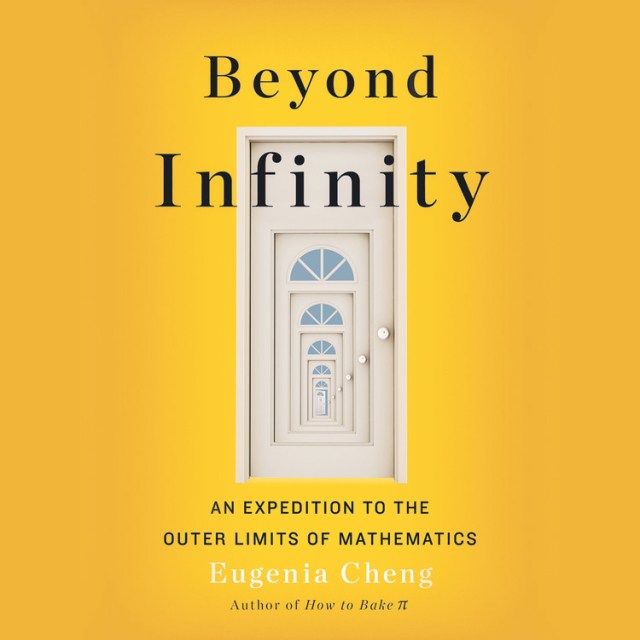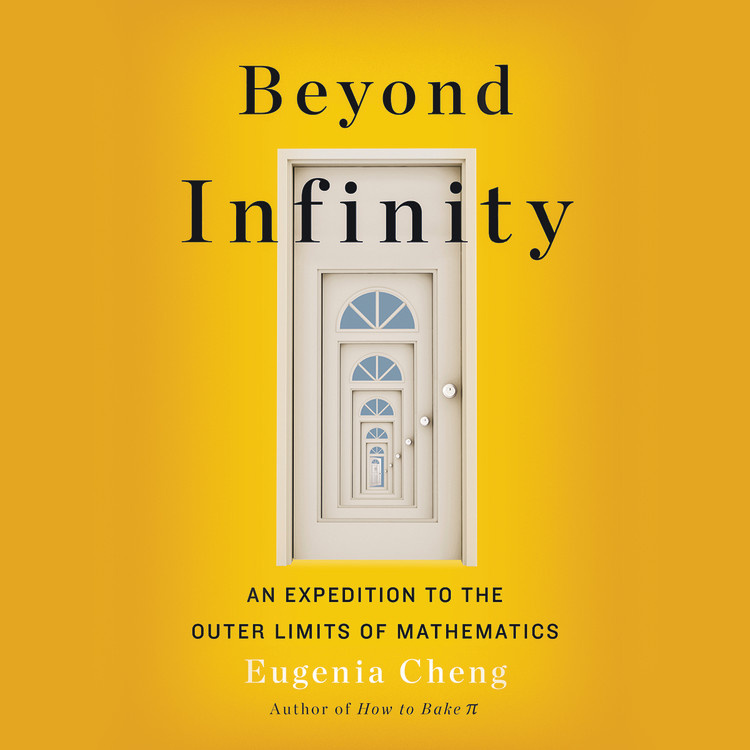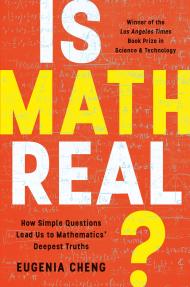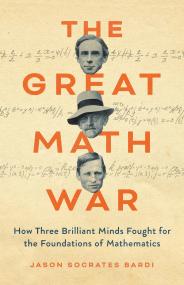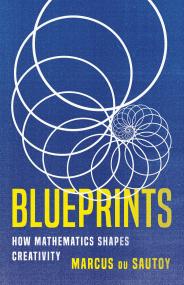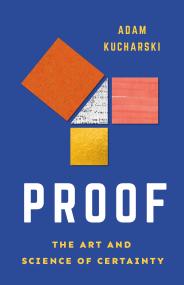Promotion
25% off sitewide. Make sure to order by 11:59am, 12/12 for holiday delivery! Code BEST25 automatically applied at checkout!
By clicking “Accept,” you agree to the use of cookies and similar technologies on your device as set forth in our Cookie Policy and our Privacy Policy. Please note that certain cookies are essential for this website to function properly and do not require user consent to be deployed.
Beyond Infinity
An Expedition to the Outer Limits of Mathematics
Contributors
Read by Moira Quirk
Formats and Prices
- On Sale
- Mar 28, 2017
- Publisher
- Hachette Audio
- ISBN-13
- 9781478974628
Price
$24.99Format
Format:
- Audiobook Download (Unabridged) $24.99
- ebook $9.99 $12.99 CAD
- Trade Paperback $19.99 $25.99 CAD
This item is a preorder. Your payment method will be charged immediately, and the product is expected to ship on or around March 28, 2017. This date is subject to change due to shipping delays beyond our control.
Buy from Other Retailers:
How big is the universe? How many numbers are there? And is infinity + 1 is the same as 1 + infinity? Such questions occur to young children and our greatest minds. And they are all the same question: What is infinity? In Beyond Infinity, Eugenia Cheng takes us on a staggering journey from elemental math to its loftiest abstractions. Along the way, she considers how to use a chessboard to plan a worldwide dinner party, how to make a chicken-sandwich sandwich, and how to create infinite cookies from a finite ball of dough. Beyond Infinity shows how one little symbol holds the biggest idea of all.
Genre:
-
"Ms. Cheng's chatty tone keeps things fresh. She has a knack for folksy analogies, and at different points in the book she illuminates different properties of infinity by discussing Legos, the iPod Shuffle, snorkeling, Battenberg cakes and Winnie-the-Pooh... she does a great service by showing us non-mathematician schlubs how real mathematical creativity works." --Wall Street Journal
-
"Our minds cannot truly grasp the concept of infinity, but Eugenia Cheng takes us on a wild journey to help us in our search for it. It's a small, unassuming symbol, but it holds a giant idea. Cheng helps us understand the basics of infinity and then takes us on a ride to see its most lofty applications. From the practical to the entirely theoretical, this is a book to watch for." --Paste Magazine
-
"The idea of infinity is one of the most perplexing things in mathematics, and the most fun. Eugenia Cheng's Beyond Infinity is a spirited and friendly guide--appealingly down to earth about math that's extremely far out."Jordan Ellenberg, author of Shape
-
"Beyond Infinity is witty, charming, and crystal clear. Eugenia Cheng's enthusiasm and carefully chosen metaphors and analogies carry us effortlessly through the mathematical landscape of the infinite. A brilliant book!"Ian Stewart, author of What's the Use?
-
PRAISE FOR EUGENIA CHENGSteven Strogatz, as quoted in the New York Times
"[Cheng] conveys the spirit of inventiveness and creativity in math... Refreshing is the word that keeps coming to mind." -
"Dr. Cheng...has a knack for brushing aside conventions and edicts, like so many pie crumbs from a cutting board."Natalie Angier, New York Times
-
"[Eugenia Cheng's] tone is clear, clever and friendly. Even at her most whimsical she is rigorous and insightful... [She is] a lucid and nimble expositor."Alex Bellos, New York Times Book Review
Newsletter Signup
By clicking ‘Sign Up,’ I acknowledge that I have read and agree to Hachette Book Group’s Privacy Policy and Terms of Use
